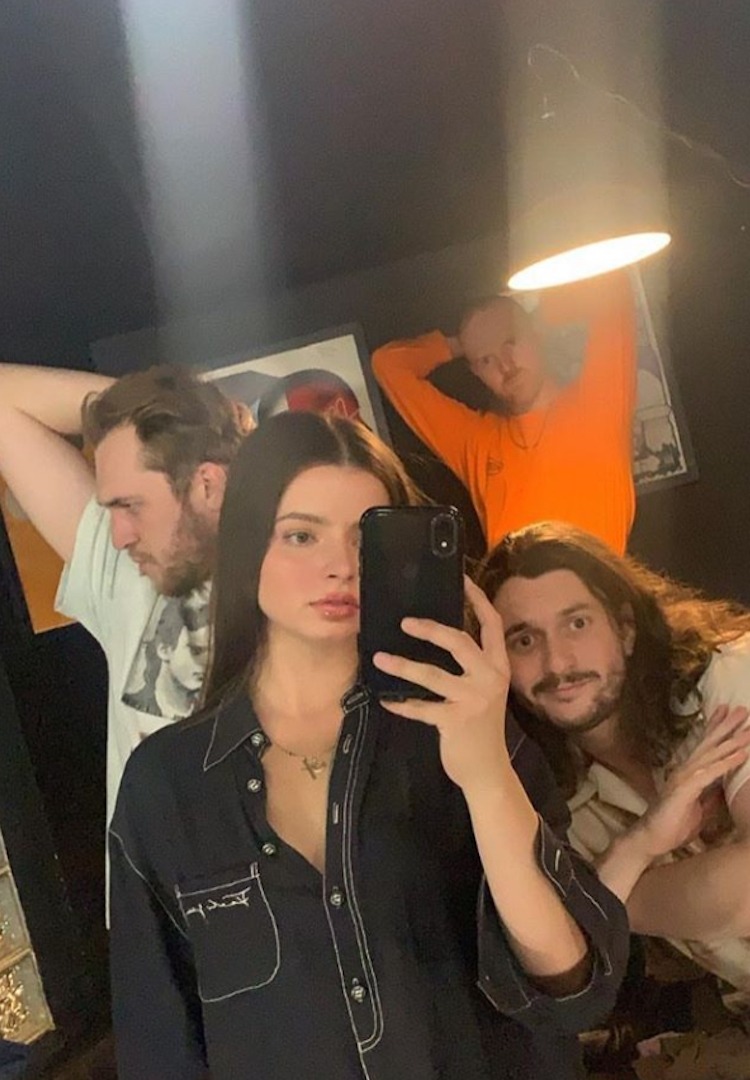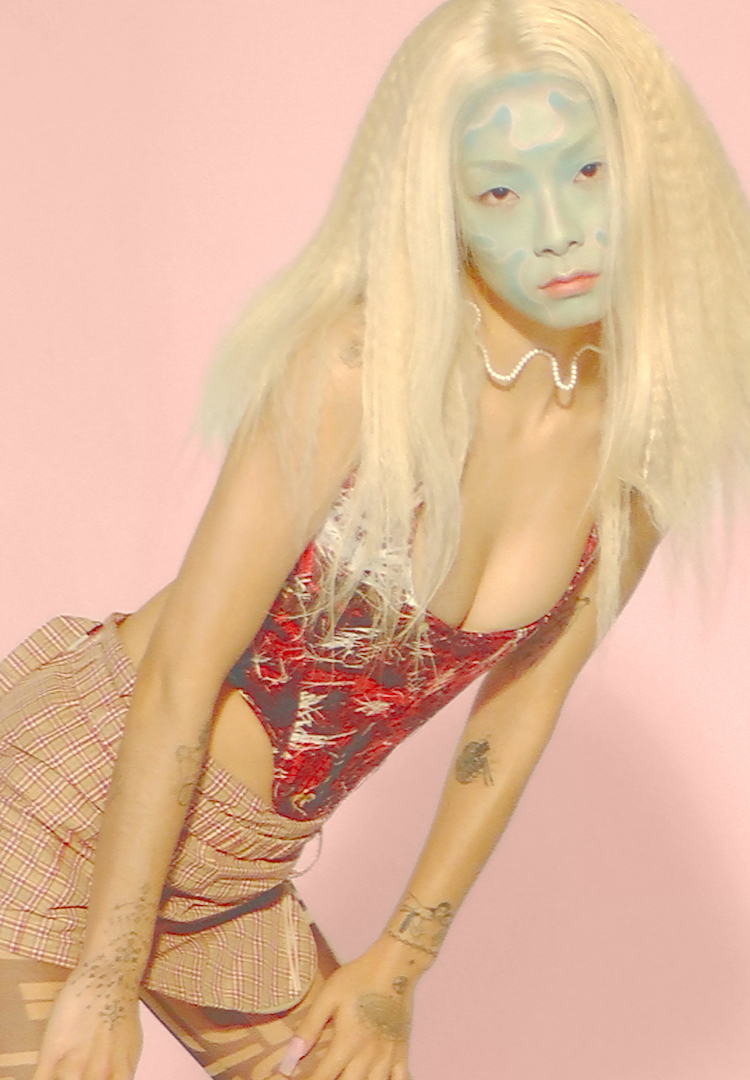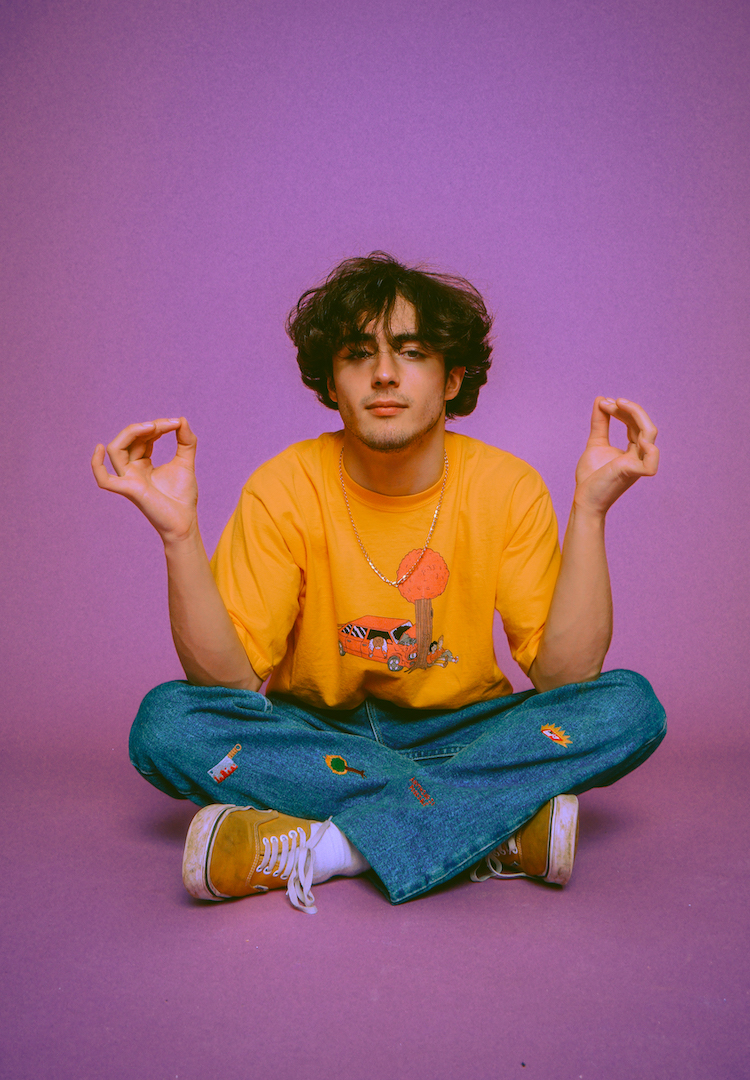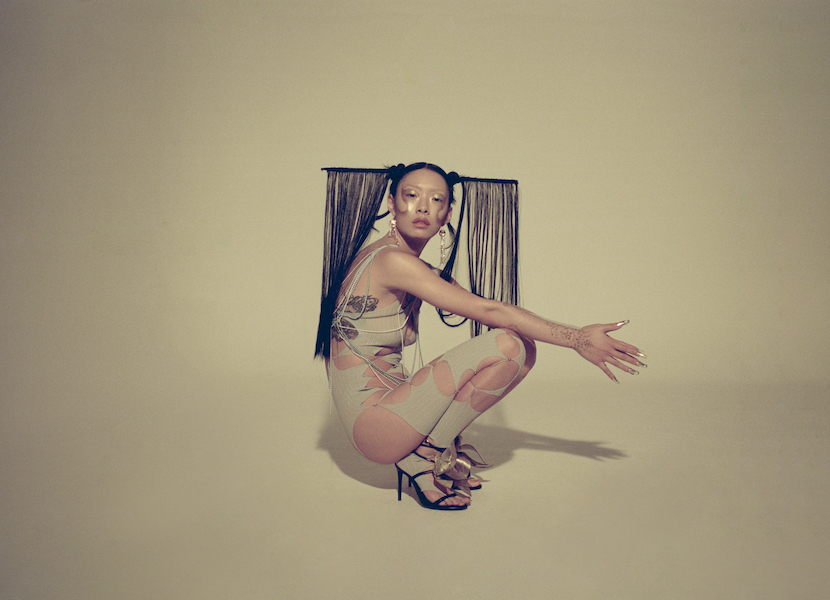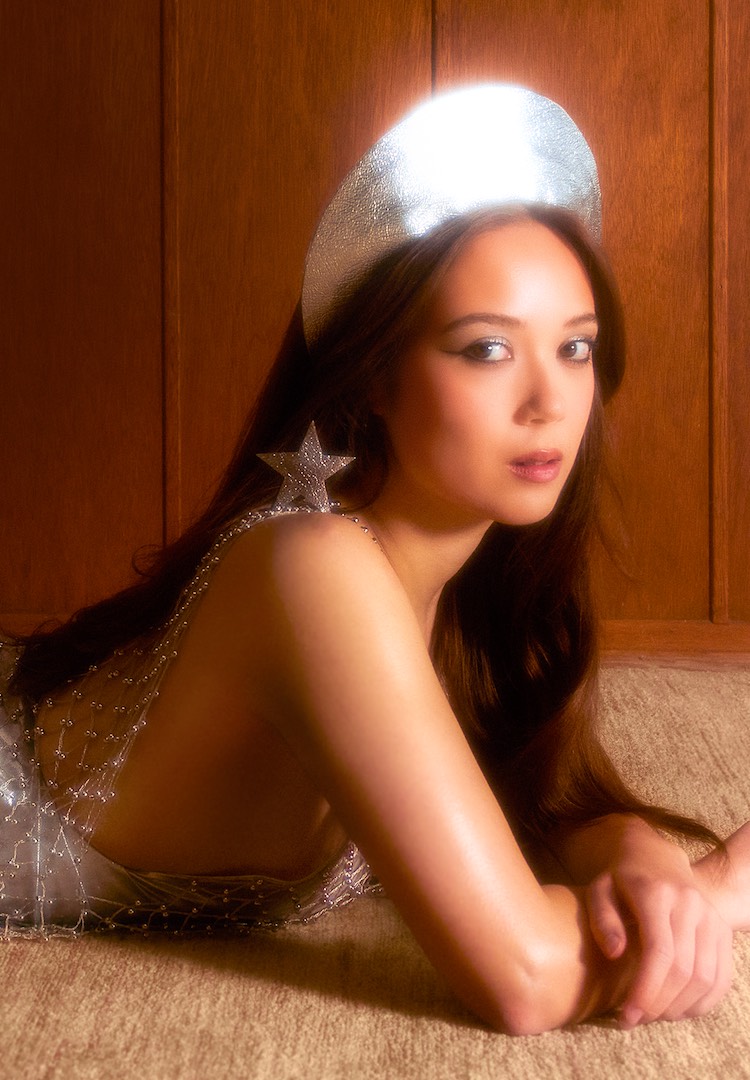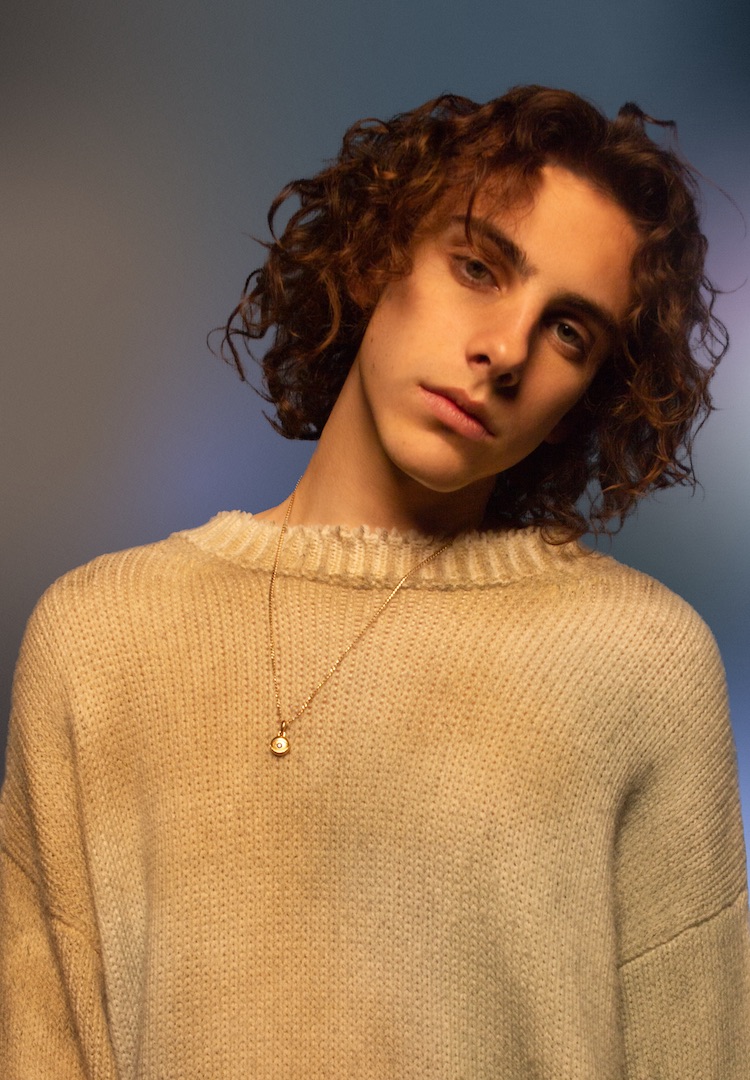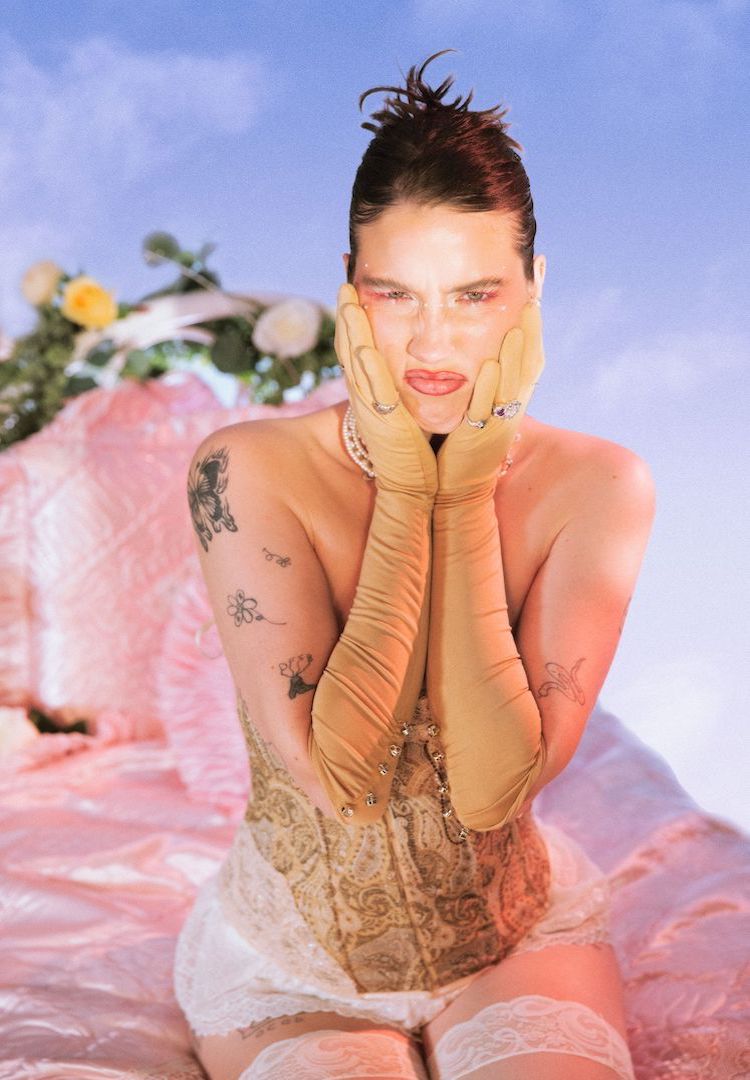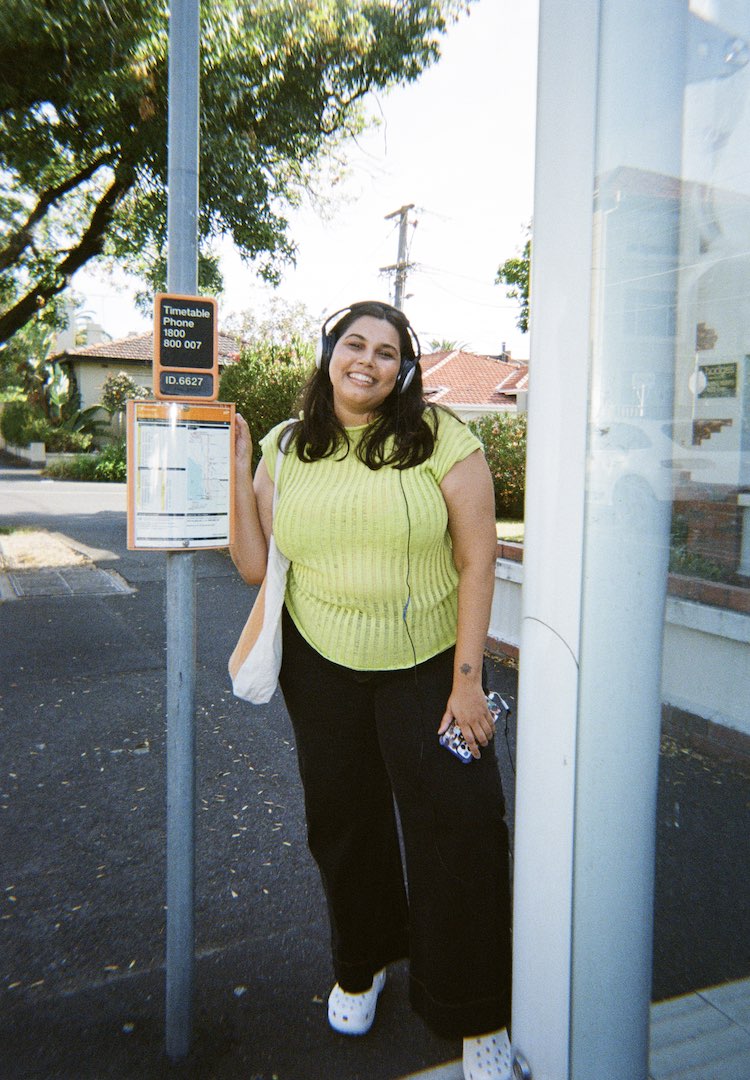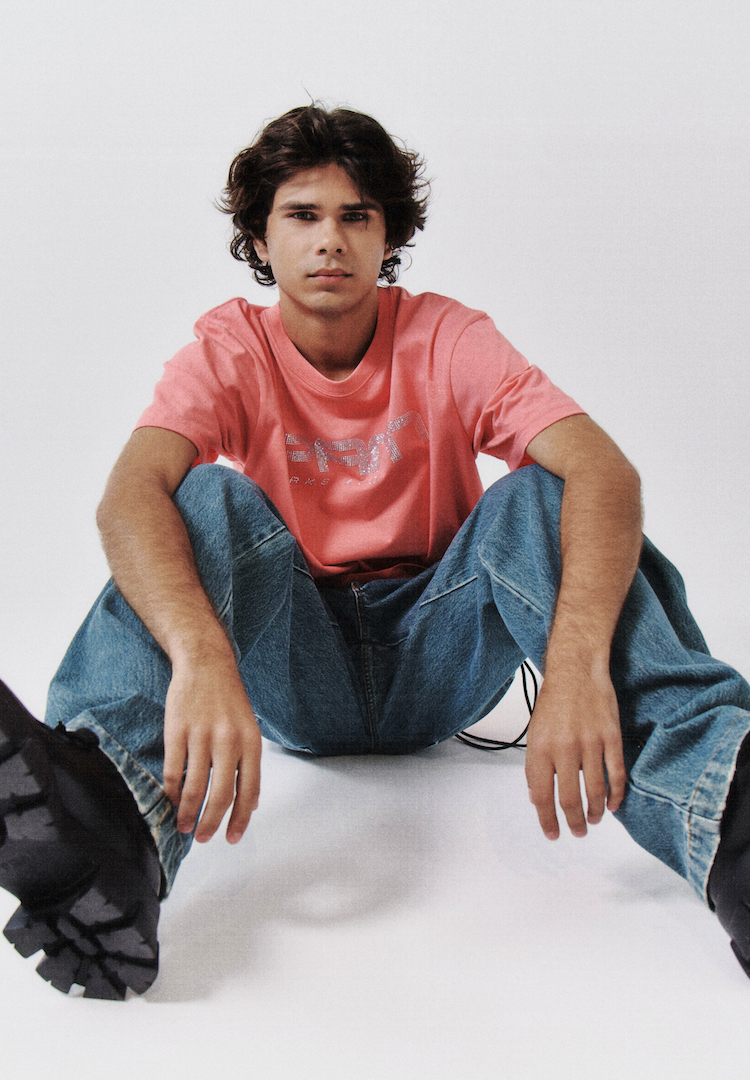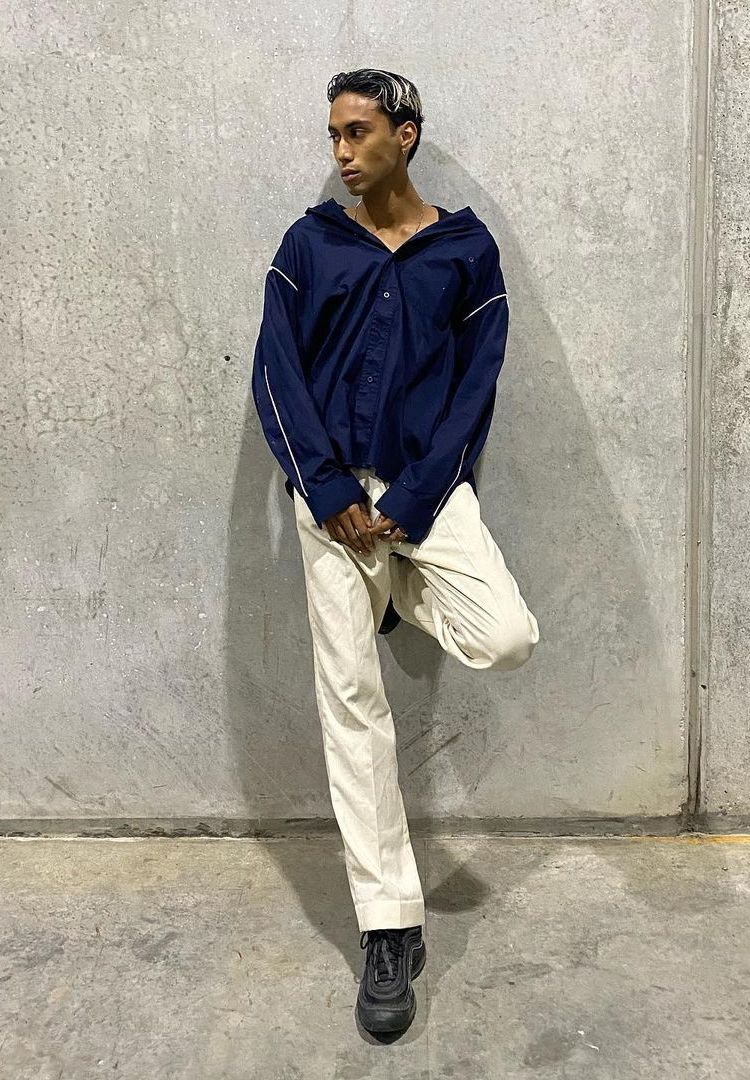Rina Sawayama on cultural identity and how it shaped her debut album
WORDS BY MAGGIE ZHOU
The pop artist you need to be listening to.
At the end of March, I sat down with Rina Sawayama over a dodgy phone line from my bedroom in Melbourne to her apartment in London. While night-time down under, it was the early morning when I caught Rina in between back-to-back interviews.
In my nervous, first-time interviewer state, I asked how she gets time to pee in the couple of hours that are dedicated to interviews. I, mortified, sat there wanting to disappear into my chair. She, effortlessly cool, laughed it off in a sing-song way.
Though cross-continental, we had an intimate discussion about what her Japanese and LGBT+ identity means to her and how her exploration of self feeds into her music. Her debut album Sawayama is exactly that, a deeply intricate examination of her own life compressed and polished into catchy pop hits.
So, how are you coping with isolation?
I’m on day four of self-isolation, so this is the most I’ve spoken to people. My brain is atrophied a bit. My goal is to get really henge and fit during this time, but I don’t know if I can be bothered. [laughs] I’ve just been playing animal crossing and just cooking loads.
Sawayama is your debut album – I heard it took two years to create. What was the process of making this album?
I guess it began right after my first tour, I think touring really inspired me to write this. ‘Dynasty’ was the first song I wrote for the album and it literally took two years to completely finish. The writing was done but I had really big ambitions for the production. I wasn’t in sessions at the studio 24/7, that’s not the way I do things. I like to be prepared and have lots of ideas for sessions and really be quite picky with who I work with.
And the album’s titled after your last name. What would you say it’s about?
It’s definitely about finding my own narrative of the world, my family and my upbringing. I think a lot of people can relate when they’re products of parents who kind of hate each other. I really found it hard to find exactly how I felt about situations and that’s something I’ve worked on ’til now. I still feel like my opinions and memories are not true. It’s a hard thing to explain, I feel like people with divorced parents, or with parents who didn’t get along, or people who have been in tricky situations, or people who have been gaslighted all their life, I think they can really relate to that feeling of not knowing what your own narrative is and what your own memories and thoughts are.
The way you’ve explored your past is so deeply personal, you’ve opened up past wounds from your family’s history. How was that experience?
It was challenging but overall, very therapeutic and very important. I think talking to your parents and your grandparents is one of the most important things you can do to understand yourself and your family. So, if you don’t get on with your parents or whatever, sometimes it’s really good to see where they came from. It’s so interesting to see these black and white photos of them when they were younger and just see that they were children too.
When I was doing my degree [in politics, psychology and sociology], one of the first things you had to try and learn is whether you think people are inherently evil or inherently good. And so, I think looking at younger pictures of your parents or grandparents when they were little you just feel, oh, people are good. And that’s been my framework; I always think people are good to start with. I think it was good to reset.
I’m an Australian-born Chinese, so I really relate when you speak on race. You’ve shared online that, as an immigrant, you have worked really hard to “integrate into Western spaces”. What’s that tug of war between the two cultures like for you now?
That’s so interesting. Well, I think you and I understand the feeling of going to your homeland, your motherland, and feeling like you don’t belong there, that you’re too Western to be in that space. I think this album has kind of helped me sit in the middle and be fine with it.
With ‘STFU’, it was a video I was so proud of because it was literally like a very British humourised version of me as a Japanese woman in the West. And [my cultural identity has] caused me anxiety to meet new people or go into straight spaces. What I’ve become okay with is that you don’t have to subscribe to anything.
I was thinking about LGBT people or Asian people living in the West, and the fact is, if your parents are immigrants, it’s ok that you’re not going to have this Hollywood coming out moment with them – if you do at all. I don’t believe in telling people that coming out is the only way, I know lots of people who live different lives who have hidden their true lives from their parents because they don’t want to burden them – that’s such an Asian way of thinking about it, but it’s ok to feel that. I only learnt that through having Asian friends and LGBT friends in the West.
It’s not about your parents coming to Pride with you, it’s ok to not have that. It’s the same with your Asianness or your cultural identity in the West. I’ve been thinking about how it’s so good to have both cultures and trying to think of having those two things as positive. The only way you can think of it as a positive is finding your community – before I had Asian friends, I didn’t think that this was a good thing.
I didn’t grow up around Asian people. After I went to Japanese school, I went to state school and there was one Chinese person in a different year. It really just wasn’t a big community of Asian people. I really struggled with that. But now, my best friends are Asian, we just chat and make jokes about our crazy savage mums – it’s really helped to heal.
I’d give the advice that if people don’t have that community in real life, then make it online. What I think I’m trying to say is that it’s okay to have that duality and that grey area if you’re in between two cultural identities. For the longest time I was trying to be white and fit in – that’s also fine at some points in your life, I had to do that to survive in certain spaces. Using that as a source of creativity or using that to saturate your pain or whatever, is a good thing. That’s kind of the only way I’ve found to make sense of things. I think if I was constantly seeing it as a bad thing, I would struggle.
That kind of duality flows on into your music, you’re not just limited to one genre. Sawayama feels like a melting pot of genres – from pop, heavy metal to R&B – why do you choose to be so experimental and open with music?
I think this is just the kind of pop music I want to hear in the world, so I just wrote it for myself so I can listen to it. I think a lot of people think pop music is a certain way but for me, pop is just the songwriting. It’s the structure of a song that makes something pop for me. That’s the most important thing to call something pop. So, my record is to me pop because if you strip all the production down, the melody is still very much a pop record.
It’s sort of the amalgamation of all the chart music growing up. You know, like having Evanescence and t.A.T.u at number one, then having Britney next week, Crazy Frog the next, you know it was just so chaotic.
You also said that ‘Bad Friend’ was the song you were most proud of. What does it mean to you?
It’s definitely the most personal song that I’ve written. I think the songs which I’ve written with a message for someone else are the best songs for me – so like ‘Chosen Family’ and ‘Bad Friend’. It just completely encapsulated what I felt in that moment and those two years I felt guilty about that friendship. It’s actually allowed me to get back in touch with that person and it’s just been very, very therapeutic. So yeah, I love that song and I’m very proud of the songwriting. I kind of struggle to write a simple melody, I tend to overcomplicate things so that to me is a very nice, simple and straightforward song.

